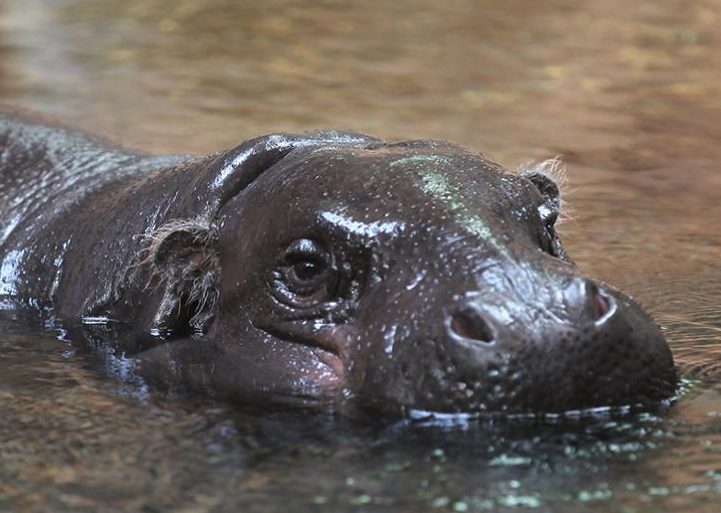Upcoming Events

- This event has passed.
Is your Hippo really happy? Your macaque moody, or your penguin passive?
Come learn the Science of Animal Welfare at Lincoln Park Zoo!
Animals can’t tell us how they’re feeling — and chickens, toads, and antelopes don’t exactly have readable facial expressions. So how does one know if the animals in a zoo are happy or content, bored or stressed? The professional scientists at Chicago’s Lincoln Park Zoo are very concerned about the welfare of the animals in their care so they’ve developed an array of tools to help them measure and improve on animal welfare and zoo environments.
Come learn from one of LP Zoo’s animal experts, Dr. Katherine Cronin, to understand how scientists use hormones, behavior, hidden cameras, and remote sensors to measure the welfare of toads, chickens, monkeys, penguins and more. This talk will take you behind the scenes at one of the country’s top zoos where you’ll learn how researchers’ findings benefit animals here and around the world. Bring your animal curiosity for what will be fascinating program!
Doors open at 6:30pm; program begins at 7pm.
PackBack, Inc.
55 E. Jackson Blvd., 6th Floor, Chicago, IL 60604
Tickets only $5! Reserve your spot here.
Katherine A. Cronin, Ph.D. – Senior Animal Welfare Scientist
Katie leads Lincoln Park Zoo’s Animal Welfare Science Program, a program in which scientists and animal care staff work together to evaluate and enhance the well-being of animals in zoos and promote positive animal welfare. Katie strives to understand the experience of animals living in non-wild settings and studies what caretakers can do to improve the quality of life of animals in human care. Her research into animal welfare integrates the study of hormonal, behavioral and emotional changes that occur in animals, and is increasingly geared toward practical, actionable insights. Her team oversees the development of the ZooMonitor app, a web-based tool to measure behavior and infer the welfare of animals, and the volunteer-based program that uses this app at Lincoln Park Zoo daily to monitor the behavior of Lincoln Park Zoo animals.
Prior to her arrival at Lincoln Park Zoo, Katie was a Staff Scientist at the Max Planck Institute in the Netherlands for five years. She spent much of her time in Africa at a chimpanzee sanctuary, the Chimfunshi Wildlife Orphanage Trust in Zambia. Working together with local Zambian researchers, she and colleagues developed a long-term behavioral monitoring system that documents the behavior of all the groups daily to better understand their behavior and promote their welfare. She joined the scientific staff at Lincoln Park Zoo in 2014 eager to work alongside practical scientists dedicated to improving welfare of animals in human care, and began her research with Japanese macaques in Regenstein Macaque Forest as part of the Fisher Center.
Katie advises research interns, undergraduate and graduate students in projects in applied animal behavior and welfare. She is currently appointed as a faculty member of the Committee on Evolutionary Biology at the University of Chicago.


